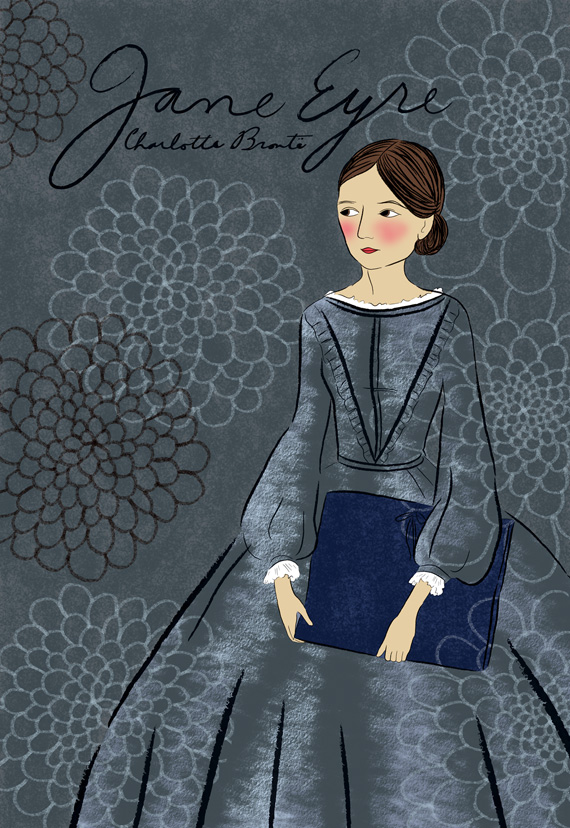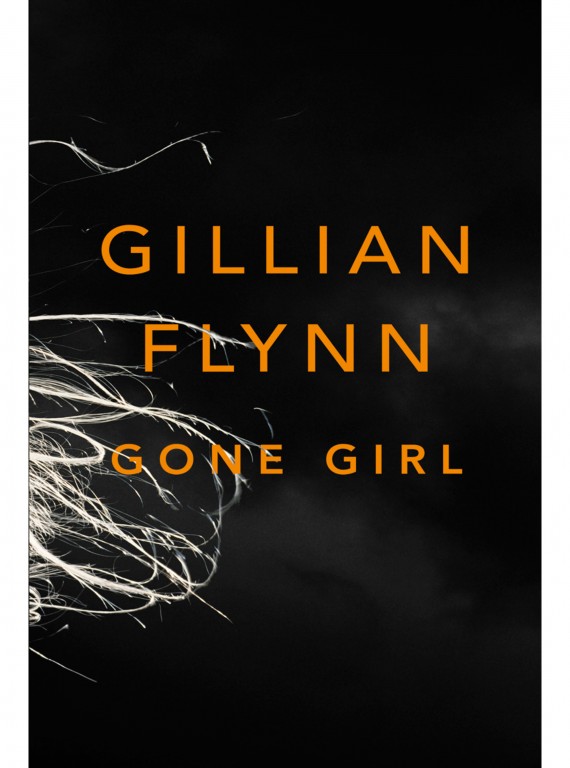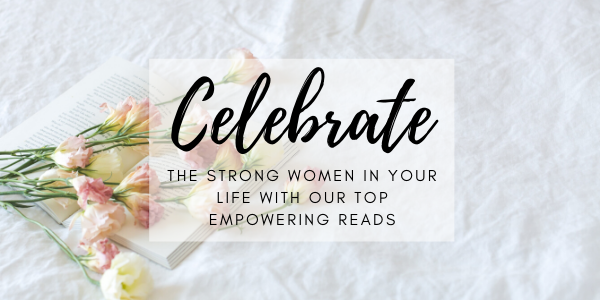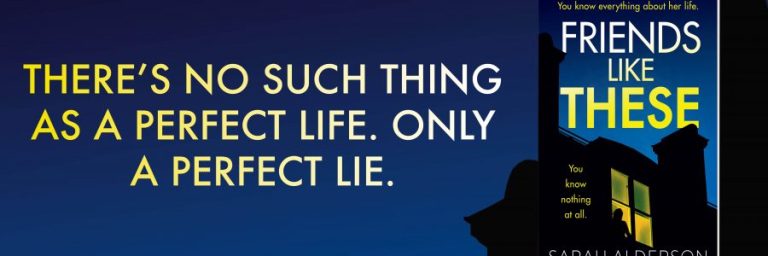Team bookends’ pick of fictional women who beat the odds
Happy International Woman’s Day! In celebration, the Bookends team have compiled a list of the women who came out on top against the odds. Here’s the run down…
Jane Eyre in Jane Eyre by Charlotte Brontë

Jane Eyre is born with few advantages in life: her parents die; she’s left to be raised with relatives who hate and mistreat her, and who eventually send her away. But she is born with courage and a strong sense of self that, despite all her hardships, mean she is able to carve a life for herself that is meaningful. Even when she falls in love with a dominating man like Mr Rochester, this doesn’t stop her from winning him on her own terms. – Alice
Hild in Hild by Nicola Griffith

My pick is the new novel by Lyndsay Faye, JANE STEELE, which is a fresh take on Jane Eyre, while at the same time being a tribute to the novel Lyndsay so loves. If you think the original Jane stood up for herself, you’ll be bowled over by Ms Steele. Coming from the same humble beginnings, she dons the role of a vigilante, reaping revenge on her abusers. It’s just brilliant. – Abbie
Amy Dunne in Gone Girl by Gillian Flynn

Going slightly off piste I have picked Amy Dunne from the best seller Gone Girl by Gillian Flynn. Aside from the fact that she the best antagonist I have ever read, her character crucially deconstructs the ‘all American girl’ image as well as satirising other female stereotypes like the ‘cool girl’. Refreshingly through Amy’s feelings of inadequacy and subsequently her continuing need for control, Flynn gives us the message to give up on trying to be the best ‘kind of woman’ and instead focus on being ourselves. – Emma
Eliza Doolittle in Pygmalion by George Bernard Shaw

This play is a sharp commentary on women’s independence. Phonetics specialist Henry Higgins boastfully bets that he can turn flower girl Eliza Doolittle into a lady by teaching her to speak properly. Her real transformation however doesn’t happen when she learns to speak in the right way but when she decides to stand up for herself against Higgins’ insensitive treatment. At that moment she becomes, not a duchess but an independent woman and from this moment on Higgins begins to see her not as a “squashed cabbage leaf” but as a creature worthy of his admiration. (Also “My Fair Lady” the musical adaptation starring Audrey Hepburn is really great!). -Marie
Have you got a favourite? Tweet us at @TeamBookends
Did you like this post? Then why not try…
Team Bookends’ talk strong women in fiction
Team Bookends’ Favourite literary mothers we all love to hate








